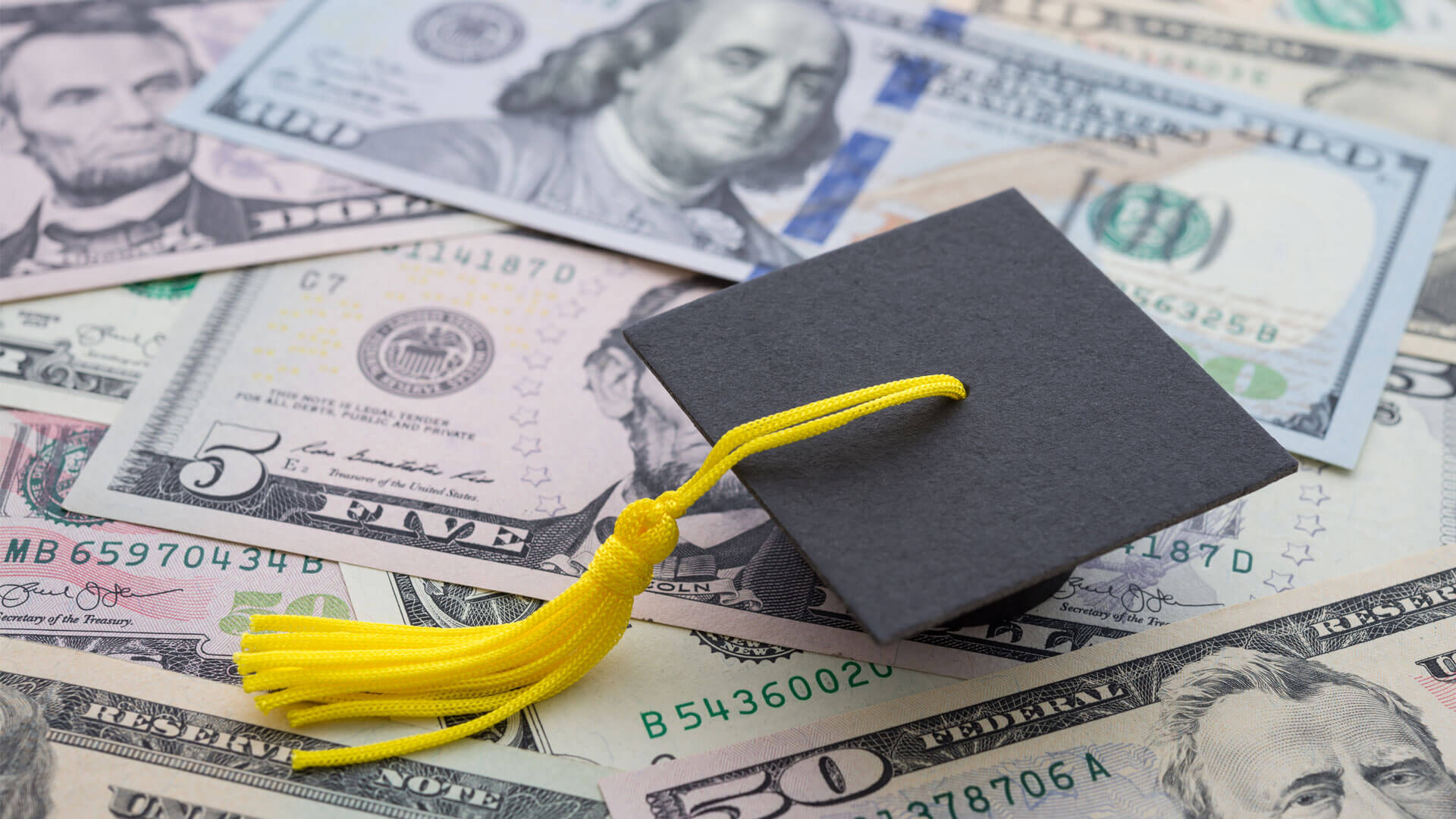Consumers across the U.S. are comparing the 2nd mortgage to an unsecured personal loan when seeking to refinance or consolidate credit card debt. Interest rates continue to climb, and if you have significant credit card debt, you could be paying more than 20% interest per year. With such high credit card rates, it’s understandable that many consumers are thinking about refinancing into various loans. But should you get a 2nd mortgage or personal loan to pay off your credit card debt? It depends on several factors that we delve into below.
2nd Mortgage to Pay Off Credit Card Debt
A popular choice to pay off credit cards, a 2nd mortgage can be either a home equity loan or home equity line of credit (HELOC). A home equity loan is a lump sum of cash paid at once with a fixed interest rate for a certain number of years.
On the other hand, a HELOC is a line of credit based on your home’s equity that you can reuse similar to a credit card. But the interest rate is lower than a credit card because the loan is backed by the home. Unlike a fixed rate equity loan, the interest rate for a HELOC is variable and could go up in the future. Typically the interest rate on a HELOC or 2nd mortgage is higher than mortgage refinance loans.
Some of the pros of getting a 2nd mortgage to pay off credit card debt are:
- Interest rates on either type of second mortgage are much lower than most credit cards. Second mortgages are secured by the home, so the risk is lower than an unsecured loan.
- Home equity loans have a fixed rate and a definitive end date, so financial planning is easy.
- You don’t need to give up a low first mortgage rate by doing a cash-out refinance.
Some reasons to consider if a 2nd mortgage is a good move to pay off credit card debt are:
- The home is collateral for the new loan, so you can lose it in foreclosure if you don’t pay.
- If the home value drops, you could owe more than it’s worth and be unable to sell.
- Repayment terms for a 2nd mortgage can be more than 10 years.
- If you still have your credit cards after you pay off the balances, you could run them up again.
The most important things to remember about a 2nd mortgage for the purpose of debt consolidation. It’s that it’s a secured loan with a lower rate, you could lose your home if you don’t pay, and the rate for a home equity loan is fixed, while it varies for a HELOC.
Personal Loan To Pay Off Credit Card Debt
With interest rates on credit cards often exceeding 20% in 2026, it’s no surprise that personal loans are booming in popularity. With high credit card rates, making minimum payments often results in paying only interest and no principal. Some borrowers turn to personal loans that suddenly look more attractive for those with good credit scores.
Assuming your credit score is at least 670 or so, you could pay a lower rate with a personal loan than a credit card. Some personal loans for those with good credit are in the 10% or 11% range, so you can save a lot of interest over a 20% interest credit card. Additional benefits of a personal loan are:
Unsecured Loan
A personal loan has a higher rate than a second mortgage, so the rate is higher. However, the loan isn’t backed by your property, so there is less risk if you don’t pay the loan. The lender can’t repossess your property if you default, but they can send collection companies after you and sue for the debt.
All Debts Into 1 Payment
Another problem with credit cards is many people have a lot of them. It can be stressful to juggle five or six credit card payments and easy to miss one and pay a late fee. When you get a personal loan, you pay off your credit cards with the loan funds and make only one monthly payment.
Lower Monthly Payment
With a 10% or 11% rate, you can have a lower payment than your credit cards, and put more money towards paying off principal. This will give you more money to spend on other things every month.
You Can Refinance
If rates go down, you can refinance into another personal loan at a lower rate.
End Date On The Loan
A personal loan is a fixed-term loan, so you know when the debt is paid off.
Some considerations to think about with personal loans include:
Higher Rate
You will pay a higher rate than with a 2nd mortgage. In some cases, you could pay 6% or 7% for a 2nd mortgage and double that for a personal loan. Paying more interest means higher payments compared to a 2nd mortgage and not putting as much towards principal.
Won’t Help With The Same Spending Habits
You can get a lower rate than credit cards if you get a personal loan, but you will end up in the same place if your spending habits stay the same.
Is it advisable to consolidate my debt with a 2nd mortgage or HELOC?
An equity home loan essentially functions as a second mortgage, enabling homeowners to borrow money by leveraging the equity in their homes as collateral. According to the RefiGuide, consolidating debt with a second mortgage may be prudent financial move for homeowners. This type of financing can be effective to consolidate various debts, such as credit card debt or auto loan debt. With the current record levels of property values, it may be wise for homeowners to consider refinancing existing debt, The decision ultimately hinges on a thorough examination of the financial aspects.
This involves being aware of your existing mortgage’s current interest rate and understanding the potential “fixed simple interest.” The fixed mortgage rate, as encompasses both your first lien and second lien, if you choose to pursue that route. It’s then crucial to compare both 1st and 2nd mortgage rates when comparing to the interest rate on your existing debt. Based on this assessment, you can determine whether opting for a second mortgage loan makes more financial sense or if consolidating everything into a new first lien mortgage aligns better with your objectives.
Summary on 2nd Mortgages vs Unsecured Loans
Getting a 2nd mortgage or personal loan to pay off credit cards are potentially good moves, but which is best for you depends on the situation and your financial habits. If you are sure you can make the payment for years and have a stable job, you might consider a 2nd mortgage and get a lower rate. It also helps to be tolerant of more financial risk because after all, you are putting your home on the line.
On the other hand, a personal loan may have a lower rate than credit cards and you are not risking your property with it. If you have good credit, a personal loan can make sense because the rate is low compared to credit cards, and you aren’t risking your home as collateral.
The best move is to talk to your loan adviser about both options and decide which is best based on your financial needs, goals, and risk tolerance.



